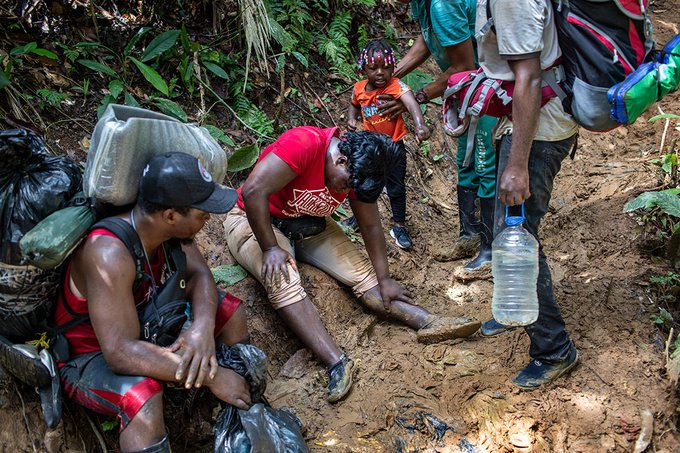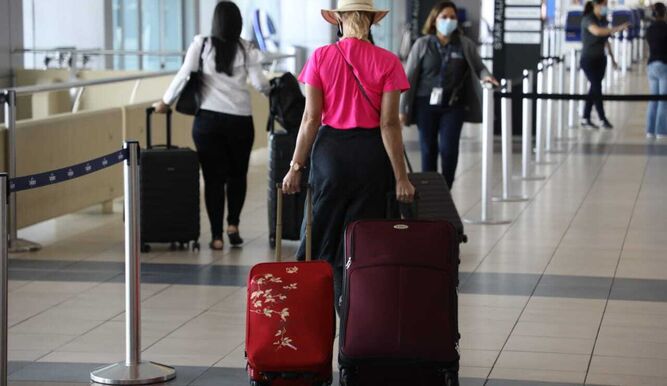Red Cross Highlights Panama in Fight to Guarantee Migrant Health

The International Federation of Red Cross and Red Crescent Societies (IFRC) has warned of serious shortcomings in healthcare for migrants in the Americas, a problem that puts lives at risk and increases pressure on national health systems. Among the countries highlighted, Panama occupies a central place due to its role as a transit point for thousands of migrants crossing the dangerous Darien jungle.
Over the past six years, the Red Cross in Panama has provided nearly 750,000 services to migrants, including first aid, general medicine, mental health, vaccinations, access to clean water, and sexual and reproductive health care. These efforts underscore the nation’s importance in the regional humanitarian support network, especially along one of the most dangerous migration routes on the continent.
The report ‘Migration and Health in the Americas’, which analyzes data from 2021 to 2023, reveals that between 60% and 70% of migrants in transit need health care, with general medical care being the most in demand. In destination countries, up to 74% require specific services such as maternal and pediatric care, treatment for chronic diseases, mental health services, and care for people with disabilities.
Pedro Porriño, IFRC’s Health in Emergencies Coordinator, stressed the need to remove barriers faced by migrants, such as lack of documentation or fear of deportation, to ensure their access to medical services. “Access to healthcare is a fundamental human right,” he said.
In addition to Panama, other countries such as Ecuador, El Salvador and Guatemala have stepped up their efforts, serving nearly 200 migrants a day over the past two years. In Mexico, Argentina and Honduras, more than 6,500 people received medical attention in the first six months of 2024 alone.
Martha Keays, IFRC Regional Director, urged governments and donors to prioritize the health of migrants and support local Red Cross teams, highlighting their crucial role in providing essential services and protecting human dignity.
Panama, with its experience and strategic location, continues to be a benchmark in the humanitarian response to the migration crisis, showing how international collaboration can make a difference in the lives of thousands of people in vulnerable situations.





